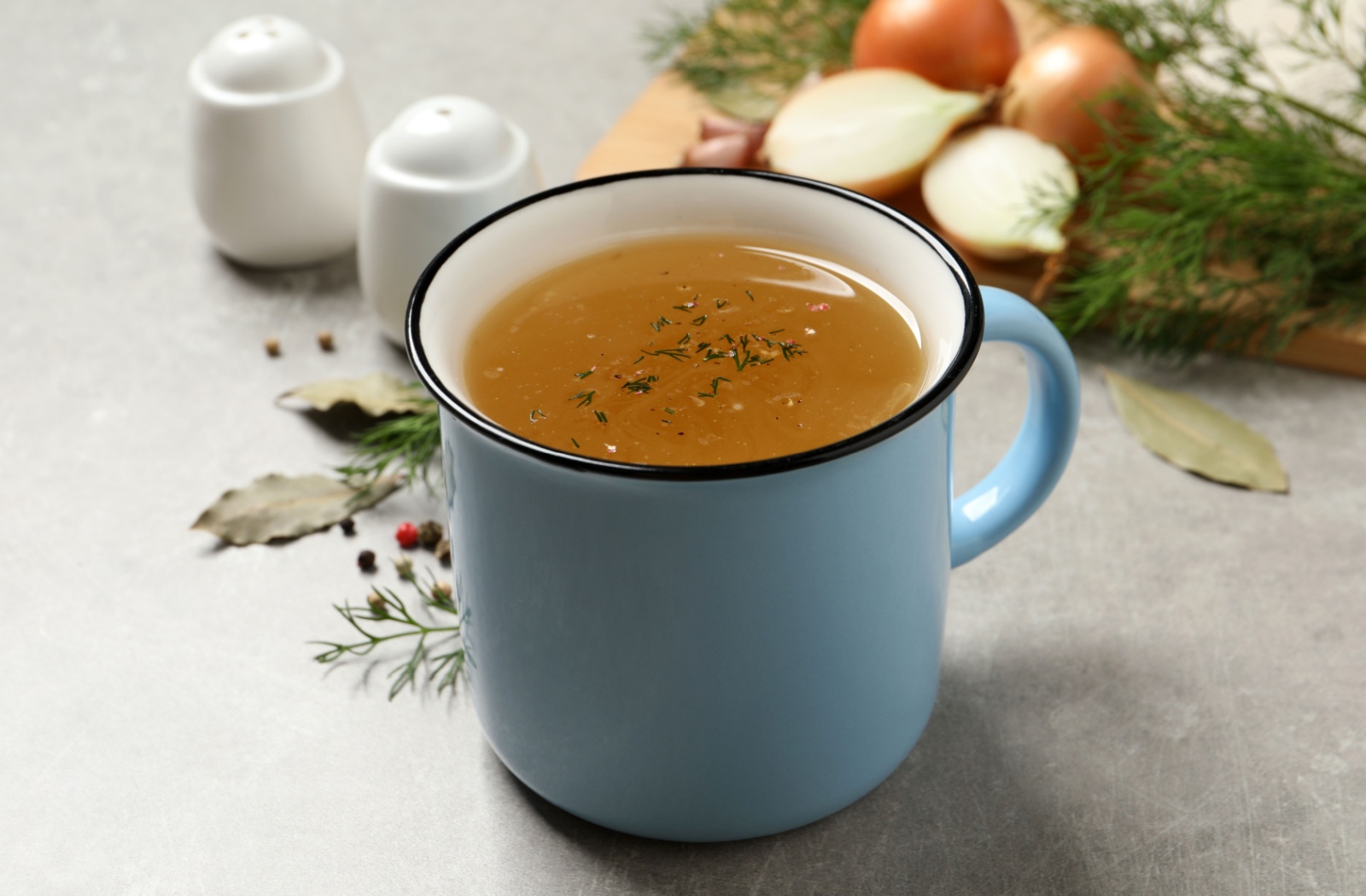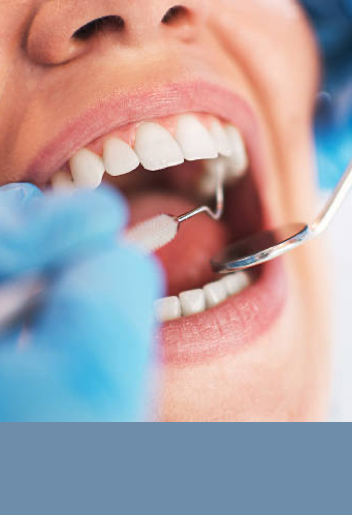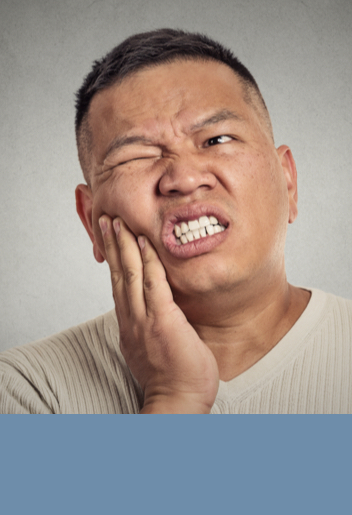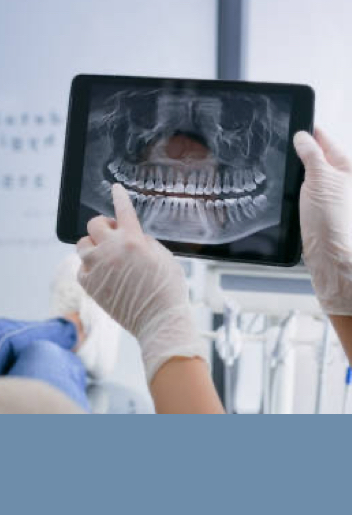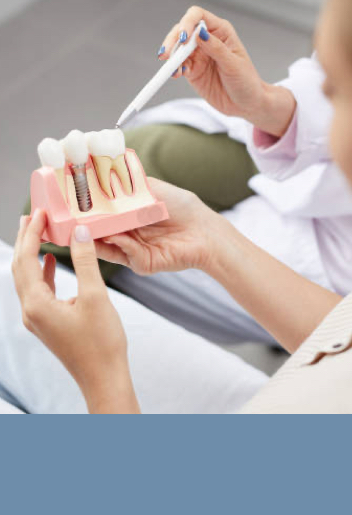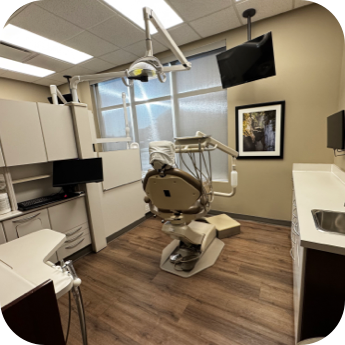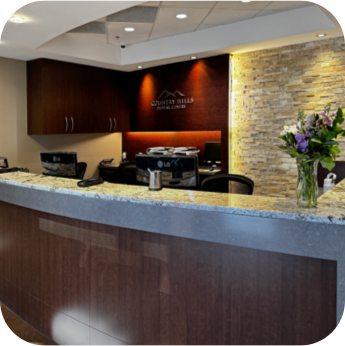Tooth removal is a common dental procedure that requires careful aftercare to ensure proper healing. One of the most important aspects of recovery is your diet. What can I eat after teeth removal? The short answer is: stick to soft, gentle foods that won’t irritate the extraction site, and stay hydrated to promote healing while avoiding foods that can cause complications like dry socket.
In this guide, you’ll learn practical, dentist-approved advice on what to eat after tooth extraction, what to avoid, and how to gradually return to your regular diet for a smooth recovery.
Why Your Post-Extraction Diet Matters
After a tooth extraction, your mouth needs time to heal. The extraction site forms a blood clot that protects the bone and nerves underneath. Eating the wrong foods or drinking through a straw can disrupt this clot, leading to painful complications such as dry socket. Soft, nutritious foods not only keep you nourished but also help avoid irritation, reduce swelling, and encourage faster healing.
A balanced diet that supports your immune system is essential during this time, so while sticking to soft foods, try to maintain a variety of nutrients.
Recommended Foods After Teeth Removal
First 24 Hours: Liquids & Very Soft Foods
Immediately after the procedure, it’s best to avoid chewing entirely. Opt for clear liquids and soft, easy-to-swallow foods such as:
- Smoothies and shakes (without seeds or nuts) packed with fruits, vegetables, and protein powder can provide vital nutrients and energy. Avoid making them too cold, as extreme temperatures might increase sensitivity.
- Broths and soups (warm, not hot) are hydrating and comforting. Choose clear broths or pureed soups without chunks to prevent irritation.
- Yogurt and pudding are smooth, creamy options that don’t require chewing and can be soothing. Yogurt also offers probiotics that support gut health.
- Applesauce is a gentle, nutritious option that adds variety to your diet.
Days 2 to 5: Soft, Easy-to-Chew Foods
As your mouth starts healing, you can gradually add slightly more textured foods that require minimal chewing:
- Mashed potatoes are filling and gentle on your mouth; add some butter or gravy for flavour, but avoid spices.
- Scrambled eggs provide excellent protein and energy and are easy to eat without irritation.
- Well-cooked pasta or noodles that are soft and easy to chew.
- Steamed or boiled vegetables such as carrots, zucchini, or squash that are cooked until very tender.
- Smooth nut butters like peanut or almond butter can add protein but be careful to avoid any crunchy bits.
Hydration is Key
Drinking plenty of fluids helps keep your mouth clean and speeds healing. Stick to water, herbal teas, and clear broths. Avoid alcohol and caffeine as they can dehydrate you. Also, avoid using straws for at least a week, since the suction can dislodge the blood clot and delay healing.
Foods to Avoid After Teeth Removal
To protect the healing site and prevent complications, steer clear of the following:
- Crunchy or hard foods like chips, nuts, raw vegetables, or crusty bread can get stuck in the extraction site and cause irritation.
- Spicy and acidic foods such as hot sauce, citrus fruits, tomatoes, and vinegar-based dressings may inflame sensitive tissues.
- Sticky and chewy foods like caramel, gum, or taffy can disturb the healing clot.
- Hot foods and drinks since extreme heat can increase pain and swelling. Always consume foods and beverages at warm or room temperature.
- Alcohol and tobacco products interfere with healing and increase the risk of infection or dry socket.
Returning to Your Normal Diet
Most people can start reintroducing regular foods again about a week after tooth removal, but always follow your dentist’s advice. Begin with softer options like well-cooked pasta, tender meats, and steamed vegetables, then slowly progress to your usual diet as comfort allows.
Additional Tips for a Smooth Recovery
- Keep your mouth clean by gently rinsing with warm saltwater after meals, starting 24 hours after the procedure.
- Avoid vigorous rinsing or spitting, which can disrupt the blood clot.
- Take any prescribed medications, including painkillers and antibiotics, as directed by your dental professional.
- Get plenty of rest and avoid strenuous activities that can increase blood pressure and cause bleeding.
When to Contact Your Dentist
If you experience severe pain that doesn’t improve with medication, or excessive bleeding, or swelling that worsens after 48 hours, or signs of infection like fever or pus, make sure to contact your dentist immediately. These may indicate complications that need prompt care.
At Country Hills Dental in Calgary, AB, we understand the importance of proper care after tooth removal and are here to support you every step of the way. If you have questions about your post-extraction diet or need professional guidance to ensure a smooth recovery, contact us today! Our team is committed to helping you heal comfortably and get back to enjoying your favourite foods safely.

